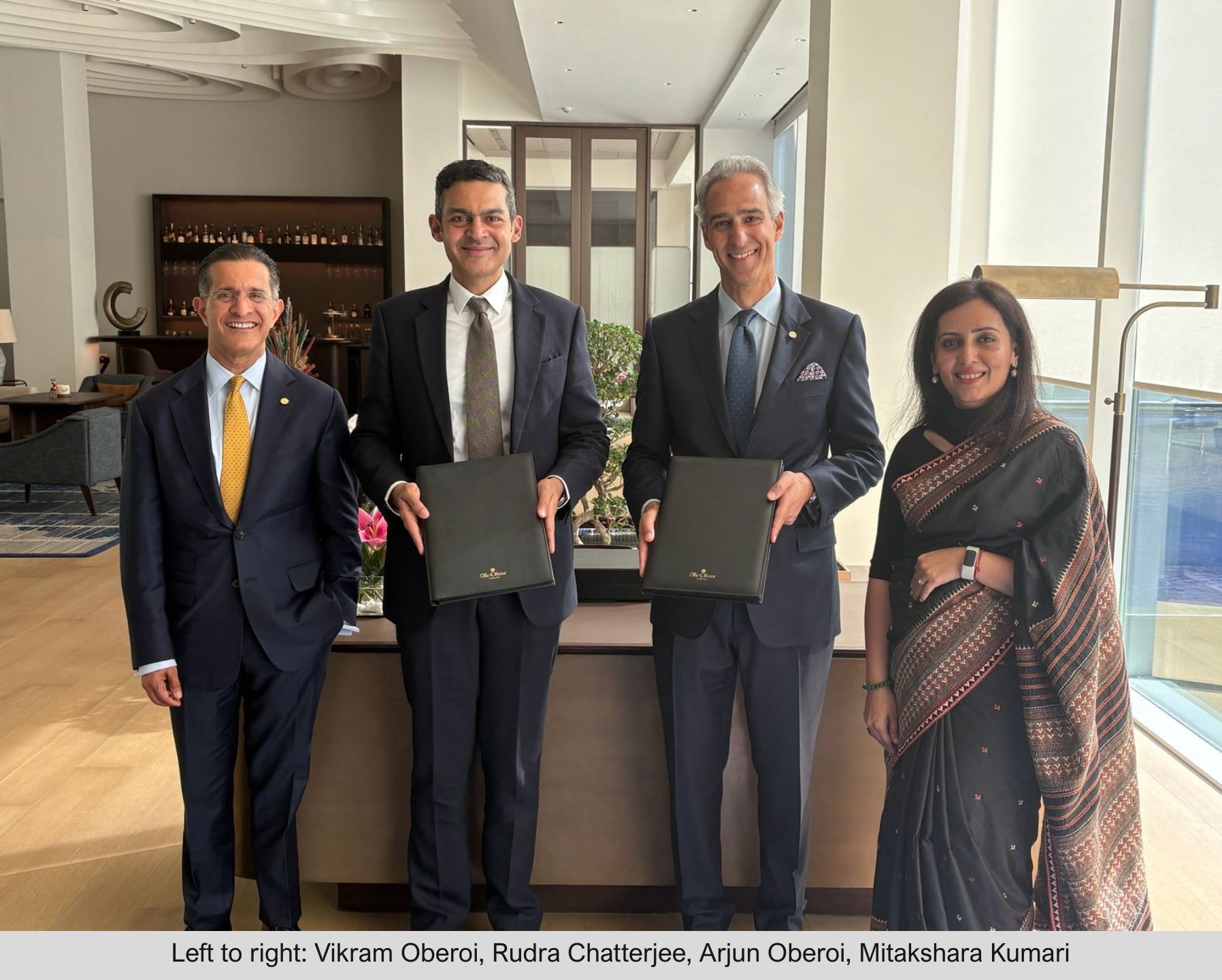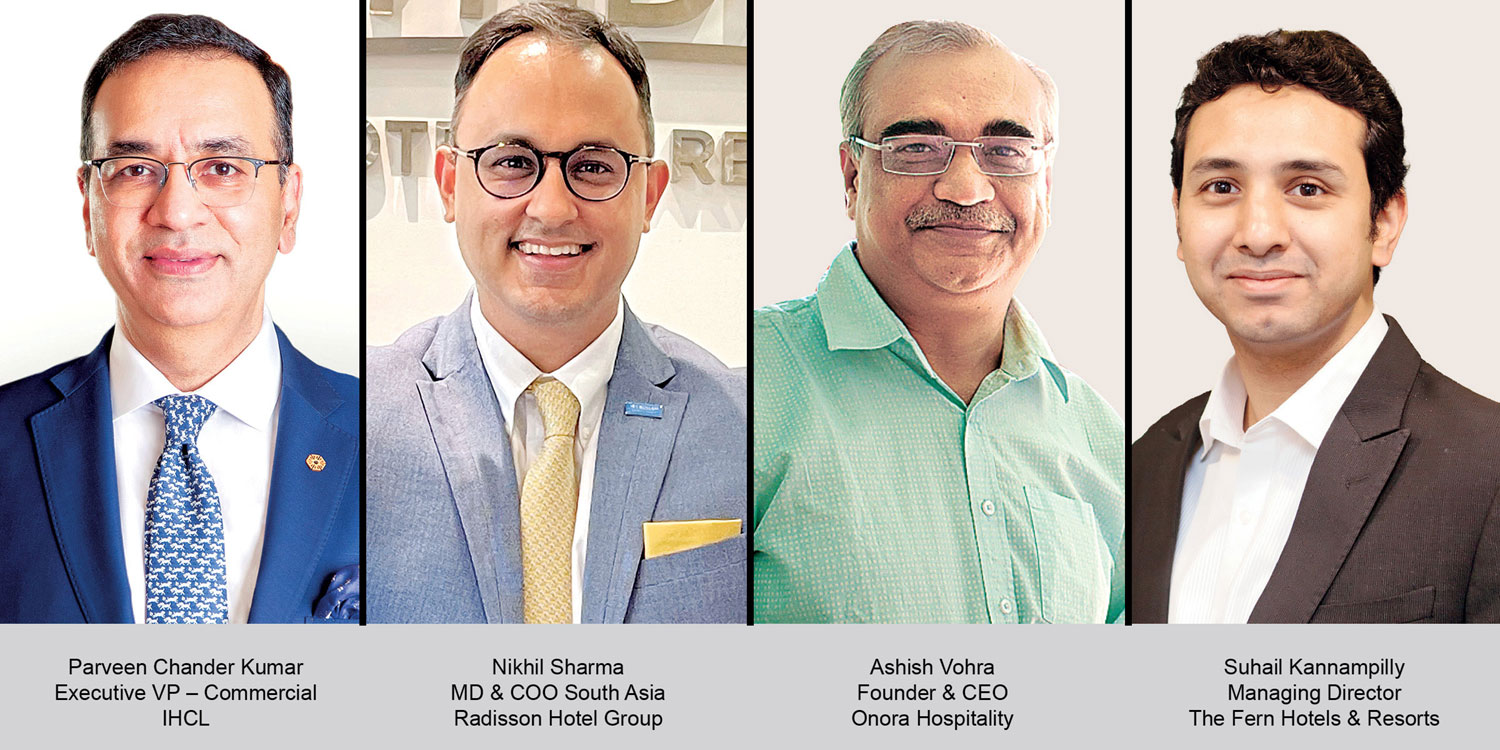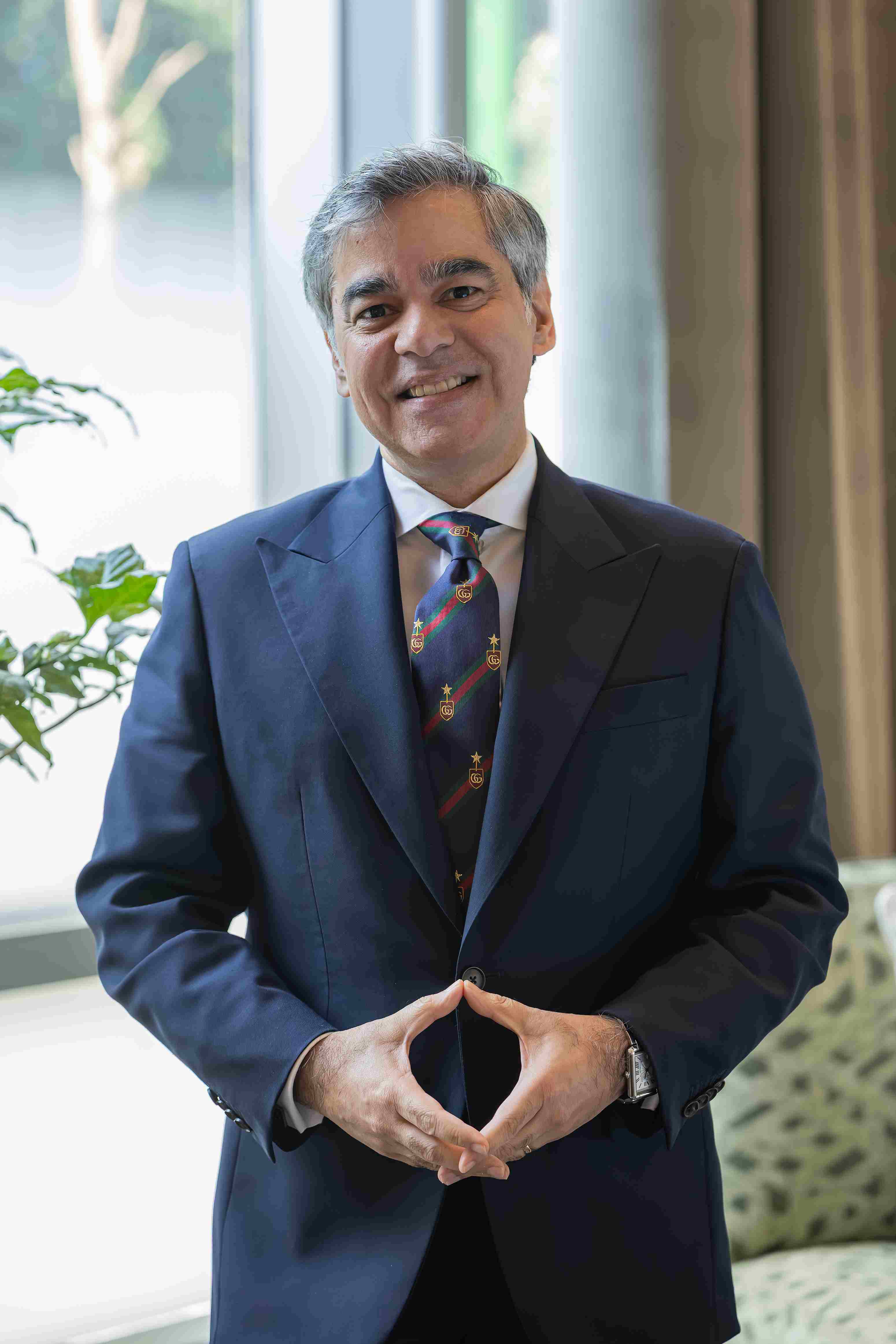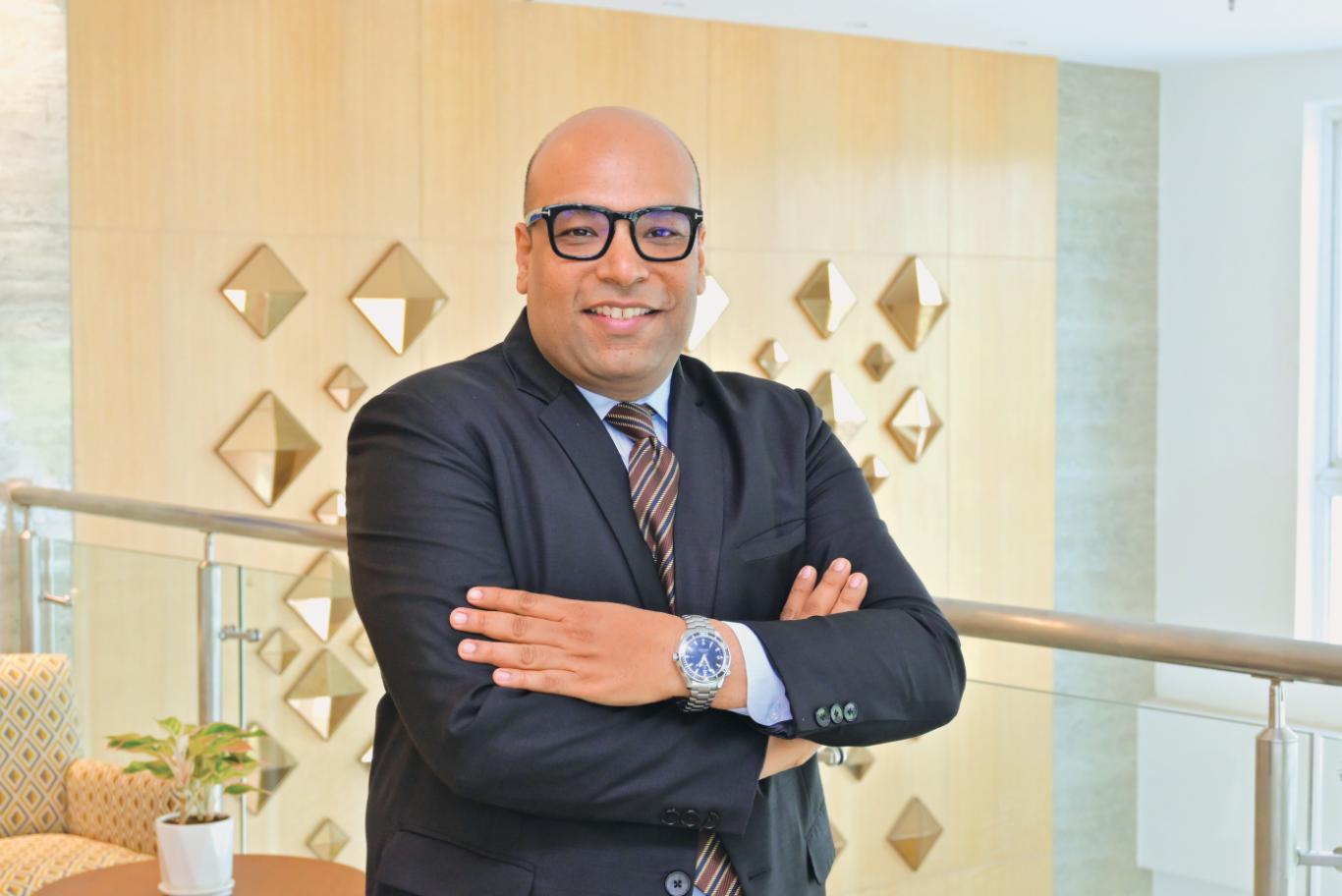Bjorn DeNiese, Director, Mayfair Spa, Resort & Casino and Director, RightClique Hospitality, believes it’s time to look past F&B outlets of the hotel or merely selling rooms to ensure there’s a constant revenue flow now and going forward.For India, he says, the domestic traveller will help tide over the financial impact of the COVID-19 crisis.
Q How are you dealing with the ongoing crisis? What kind of industry damage are you calculating?
Currently, it’s a lot of e-learning, research and rest that’s helping me through the ongoing crisis. I have been spending several hours a week on looking at alternate revenue streams and their viability to supplement earnings for hospitality establishments in the days to come. The times when we focused just on accommodation and food & beverage sales for a hotel will need to change, and we will need to look at all the ancillaries that could be amplified to ensure a hotel is able to earn some revenues even in a lockdown-like situation.
The hotel industry has taken and will continue to take a beating for a while, in my opinion. The branded and organised hotels clock an annual earning of around `38,000 crore (USD 5 billion), and the unorganised ones will account for nothing less than another `40,000 crore. We could expect damages at around 60 per cent of annual industry earnings.
Q Will the domestic traveller now drive demand?
For India, fortunately, the domestic and regional traveller has helped the industry tide over tough times in the past. Once again, we find ourselves looking at this segment to keep the industry afloat. However, the impact of market closure across industries, job losses and the cash crunch many are faced with today would have an impact on the travel plans of even this segment. With international source markets even worse off than India right now, many hotels will be forced to adapt to this. Hotels in India have been seeing a lot more domestic business in recent years and have been welcoming this segment with open arms for a while now. Hotels would require a little more flexibility, however, when it comes to policies and procedures, especially with the international brands operating in the country.
Q Do you think it’s time for the Indian government to intervene?
We have a massive number of jobs in the industry already hanging in the balance given that the tourism industry employs 12.5 per cent of the population. Moreover, even if we look at the bigger companies and independent
private players, the impact is unprecedented.
The most practical thing to do in the situation is to lay off, send without pay or cut pay significantly. It is certainly not what any company would want to do but is compelled to do with the delay in decisions and a lack of any plan or indication of an economic revival package. Every day counts and by now, some sort of confidence should have been instilled by the government. Our industry is such that a day without a room being sold or a session without a cover being sold has an impact on us, unlike the manufacturing sector which has traditionally received significantly more importance than tourism.
Besides all the points already extensively and comprehensively covered by FAITH in the representation to the tourism and finance ministries, a financial package from states to cover a minimum of six months of premise rentals and salaries due to employees based on the paid receipts for the same of the previous year would provide significant breathing space.
Most people don’t wish to travel
To get a pulse of the current sentiment with a cross section of society, RightClique Hospitality conducted a survey, with over 80 per cent of the respondents being in the 25-44 age group.
While some of the key concerns of people about travel, as expected, were being at crowded airports/railway stations and being in a confined environment with strangers, DeNiese lists some other revelations the survey brought about.
- It was also found that 86% of the respondents would wear a face mask in future to travel and 45% would be upset if others didn’t.
- Just 23% felt they would continue with their existing hotel choices while more than half would be taking
a closer look at which hotels they are booking henceforth. - There seems to be some hope for restaurants, with 46% still finding it alright to dine out with social distancing in place, while 31% will stick to home food for now. About 23% of the respondents were undecided.
- The million-dollar question, of course, of when would the recovery be had the respondents divided with 42% saying it would take a year at least and 42.3% expecting it to recover in two quarters. An optimistic 11.4% expects it to recover as fast as it slowed down.
“In conclusion, I’d like to say that we are all going to have to be brave, face the storm and make some sacrifices for the future of our industry. It’s a time when we will need to lean on each other to stay on our feet. The government taking not just cognisance of the critical care required for tourism both for the short as well as long term, but action as well is the need of the hour. We are going to honestly get used to living with the virus since cures, vaccines, etc., are just not something we should be banking on. Having said that, this will bring in a new era in operating procedures for all of us across the travel fraternity and we must adapt, be prudent and transparent to get through this process. And we are, and will always be resilient,” he concludes.
Source: RightClique Hospitality
 TravTalk India Online Magazine
TravTalk India Online Magazine




